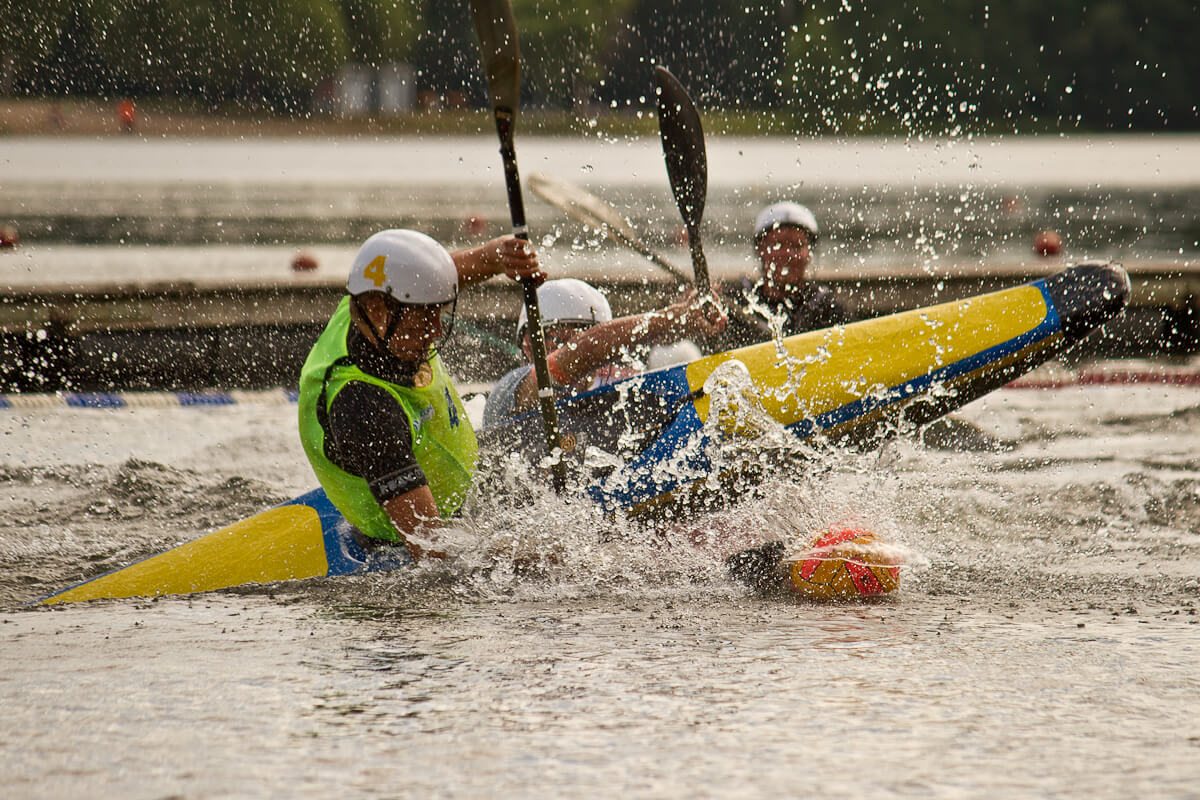Canoe Calamity: BUCS are Paddling Up the Wrong Stream
Most people have never heard of canoe polo. It basically boils down to water polo in a boat. There are five people on a team who, like most sports, are trying to put a ball into the opposition’s goal. It is a physical contact sport that, until recently, allowed all genders to compete together in BUCS Competition. At university level, when the difference in gender has no bearing on how good you are at the sport, this makes very little difference. This year, however, the powers that be have decided to shake things up for the worst. Instead of having an Open and Ladies league, there will be just Men’s and Women’s teams competing for BUCS points. A huge move that allegedly was made without consultation of other university canoe clubs.
In a sport dominated by men, this will seriously affect female participation.
This would not be an issue if the sport was bigger and universities could field both a men’s and women’s team. Very often however, universities do not have enough women to enter their own separate team. In a sport dominated by men, this will seriously affect female participation.
BUCS have given 3 reasons as to why they have made the rule change:
Some universities have complained that others are doubling up on BUCS points
- Some of the smaller universities decided it was unfair that larger clubs, those whose women compete in both the Ladies and Open leagues, were getting too many BUCS points. As a result BUCS have decided that excluding the smaller clubs from the competition completely would solve the issue.
The ICF international rules state that mixed teams are not permitted in international competitions
- This rule is clearly ridiculous. BUCS is not an international tournament nor are the teams at an international level.
To grow participation in BUCS Canoe Polo.
- This may have worked if canoe polo were a bigger sport. As it stands, there are just simply not enough people playing to be able to exclude any of them from the sport. When participation is the most important issue for canoe polo, this decision will severely hinder its growth.
When women make up a key part of many university teams it is not fair to exclude them from competing with men, especially if they are more than capable of playing at the same level. At Warwick, two members of our A team for the last few years have been women, and competing in the A Team is something all members of the club, both male and female, aspire to do.
The change in formatting has also created difficulties for trans and non-binary gender identifying people. Previously, people of any gender identity could compete in the open category, vital for those who define outside of the binary of male and female. Further, it provided an avenue for binary identifying trans people to compete without undergoing stressful procedures to ‘prove’ their gender. This new format of BUCS seems at odds with the guidelines set out by British canoeing in their Tackling Homophobia and Transphobia in Sport: Charter for Action.
With many teams now calling for a boycott of the competition, however, the event may not run at all this year.
BUCS have stated that they “understand that this is not necessarily the outcome that most university clubs were hoping for, however, as it stands, this is the most viable option to keep the event running”. With many teams now calling for a boycott of the competition, however, the event may not run at all this year.
The University of London Union have written an open letter to BUCS in opposition. This has been signed by more canoe clubs than the amount who enter BUCS competition. More than anything else this shows the length to which BUCS have ignored the universities opinion in their decision.

Comments